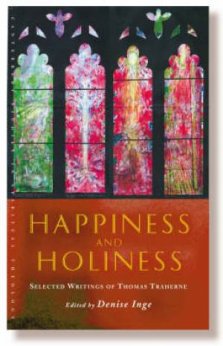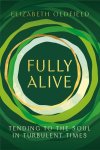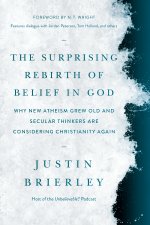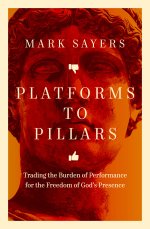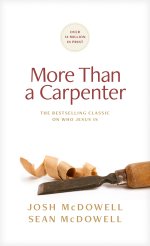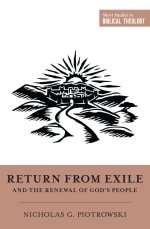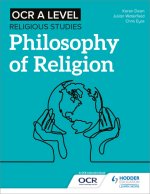Thomas Traherne (1637 – 1674) is undoubtedly best known for the poetic work Centuries of Meditations, its blissful rapture endearing yet often read as naive or escapist, hankering for the happiness of a lost innocence. Denise Inge demonstrates that this 'felicity' is only part of the story and in itself is about enjoying God's creation in the present as well as looking forward, renewed in desire. With alert, meticulous scholarship, Inge draws on many extant writings of Traherne \[some, excitingly, discovered recently and remarkably (see p267) to demonstrate that Traherne is a major thinker, contributing to the debates of Restoration England and exploring questions in ways which can speak to our times.
The book is carefully organised under 5 themes: Wanting, Discerning Treasure, Choice, Difference and Communion. 'You must want like a God that you may be satisfied like God' claimed Traherne. Inge shows this 'wanting', to mean both 'lack' and ,positively, 'desire' , a pervasive stream in Traherne's writings.. 'God desires infinitely; and what he desires in return is desire itself'. On some themes Traherne is less convincing to the present reader, for all Inge's careful and eloquent argument. This is because whilst he loves the Triune God (p199f), he writes on some subjects e.g. Image of God and righteousness, in ways that owe more to neo-Platonism than Christ.
The final theme ' Communion' is truly uplifting in expounding Traherne's writings on the Cross as the tree of life, on fire like the burning bush and Traherne writes stirringly on gratitude. Further, throughout, Inge dialogues Traherne with other thinkers, ancient and contemporary, and succinctly shows how pertinent his writings are to economics (p110), scientific discovery and faith , and social justice.
This book will be invaluable to students of seventeenth century literature, theology or philosophy . I hope its readership won't be limited to these. In its perceptive scholarship and keen insight it deserves to be widely read and reflected upon.
Trustpilot


